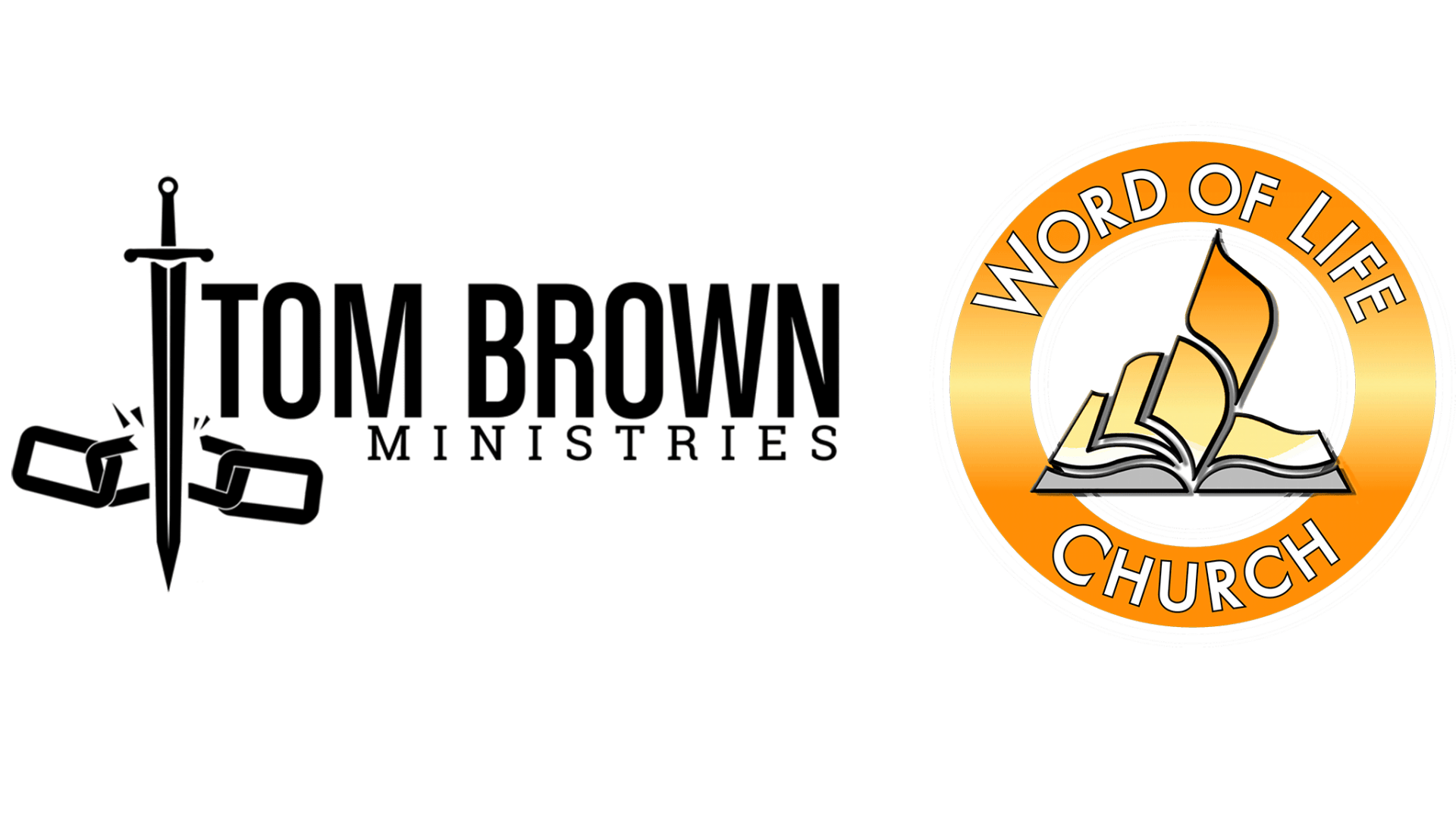
9am - 5pm M-Th
9am-12pm F
11675 Pratt Ave
El Paso, TX 79936
915-855-9673
Your Church Should Define Marriage
The major creeds of the church were born out of the great controversies of the day. The creeds clarified points of disagreement, while, at the same time, clearly defining what Christians should believe in.
It's without dispute that the great dividing issue of our day concerns homosexuality and same-sex marriage. More churches are falling prey to the world's attempt to squeeze her into its mold.
The issue of marriage is central to the history of humanity. According to Genesis, God created both genders in order for them to be married and produce children. This forms the basis of human civilization. Marriage was so important to Jesus Christ that He chose a wedding as the place for His first miracle. Marriage is not a minor issue. It's major.
For years, our church has had a statement of faith that needed no modification. Our church's original statement of faith did not include marriage. Thirty years ago, when our church started, it was assumed that people knew that only males and females could be married. This assumption can no longer be taken for granted.
This is why our church recently added 12 short words to our creed expressing the belief in God's original plan for marriage. It reads: The sacrament of marriage is reserved only for a man and woman. Like us, you might consider adding this to your statement of faith. I think making this a part of your doctrinal statement can do four positive things for your church.
- It can protect your church from lawsuits.
If two homosexual men came to your church desiring to rent your building for a gay wedding, then you can turn them down without worrying over a lawsuit of discrimination. They cannot argue that you are discriminating based on your personal views on gay marriage. Instead, your church's statement of faith of traditional marriage shows that your rejection of the gay couple's wedding has to do only with the church's deeply held religious views. Encoding those views in a doctrinal statement gives further protection from lawsuits.
- It can protect your church from false teachers.
Let's face it. You probably have people that attend your church that believe in gay marriage. Obviously, you want them to continue to come and learn the Word of God. Everyone needs to feel welcomed at your church.
However, there is a clear distinction between people attending your church and those teaching within your church. You do not want those who believe in gay marriage to be teaching within your church facility or teaching using your church's name.
The statement of faith affirming biblical marriage, and you requiring teachers to sign the agreement of your statement of faith, will weed out of your teaching-leadership those not affirming sound doctrine. You don't want them to teach.
- It can show honesty to the people in your community as to what you believe.
Some churches are unscrupulous. They use the classic bait-and-switch tactic. They talk how everyone is welcomed to their church, that they do not judge, they love everyone, they want everyone, regardless of their lives to feel accepted, welcomed and a part of the church. Then when a practicing homosexual, who has been attending the church for weeks, tells the pastor that she would like to join the church or be more active, the pastor shocks her by saying, "Well, we do not accept homosexual behavior as being compatible with the Christian life." The lesbian feels deceived. She was led to believe that you were all-inclusive; now she found out that you don't accept her lifestyle choice.
Well, your church's statement of faith of marriage between a man and woman would have let the lesbian know where you stood from the beginning. It's not right to lead people to believe your church stands for one thing when in truth you stand for something different.
Jesus commands, "What you have whispered in the ear in the inner rooms will be proclaimed from the roofs" (Luke 12:3). He orders us to make clear to all what the Word of God teaches. You cannot keep your view against homosexuality and same-sex marriage a secret "in the inner room" (board room). You must "proclaim it from the roofs" (public statement of faith). To avoid this is, not only deceptive, but cowardly. A clear statement of faith of marriage is the honest and courageous way to approach this issue.
- It can guard your church from future heresy.
If you are not standing on the Word of God concerning the controversial issues of the day, then you are not really standing on the Word of God. If your church does not have courage to stand against same-sex marriage, then what else does your church fail to stand for? It's only a matter of time that your church will go down the road of heresy. If it's not the current pastor that leads the church down that road, then his successors will, because they never saw the pastor take a stand on the controversial issue of homosexuality and same-sex marriage.
Pastors must show their protégés how to stand on the Word of God even when it is hard to do so. "Preach the Word; be prepared in season and out of season; correct, rebuke and encourage — with great patience and careful instruction. For the time will come when men will not put up with sound doctrine. Instead, to suit their own desires, they will gather around them a great number of teachers to say what their itching ears want to hear" (2 Timothy 4:2-3).
Whether the message is popular ("in season") or whether it is unpopular ("out of season") you must preach the Word of God. Adding to your church a doctrinal statement affirming biblical marriage can go a long way to training your future leaders to follow the Word of God, as well as teaching them, by example, how to navigate the church concerning future controversies.
Comment
We will get back to you as soon as possible.
Please try again later.
